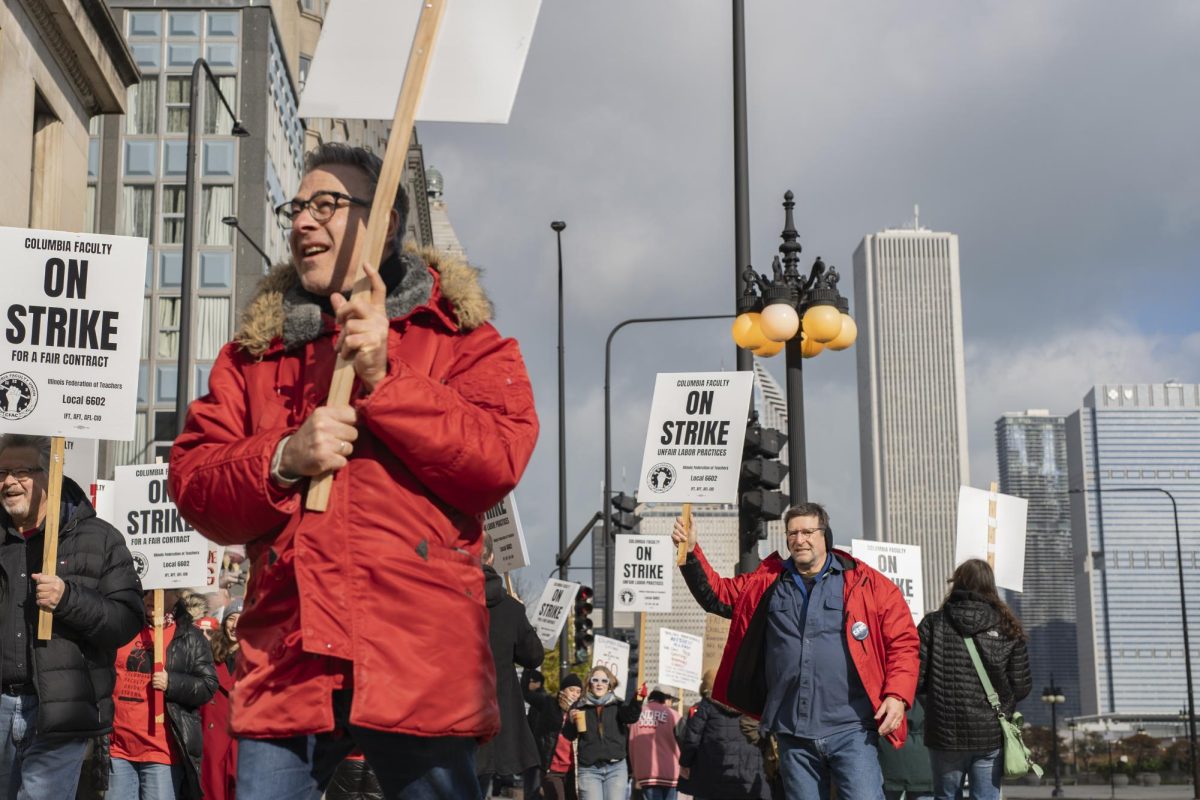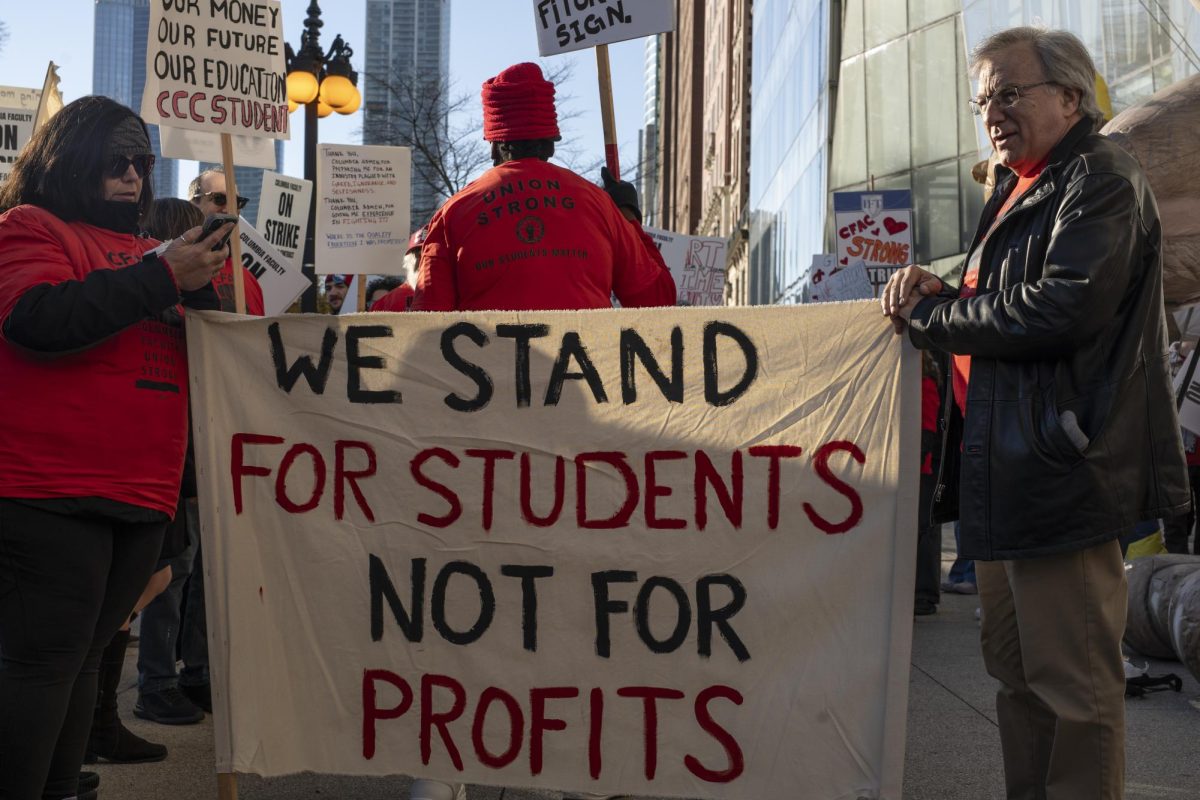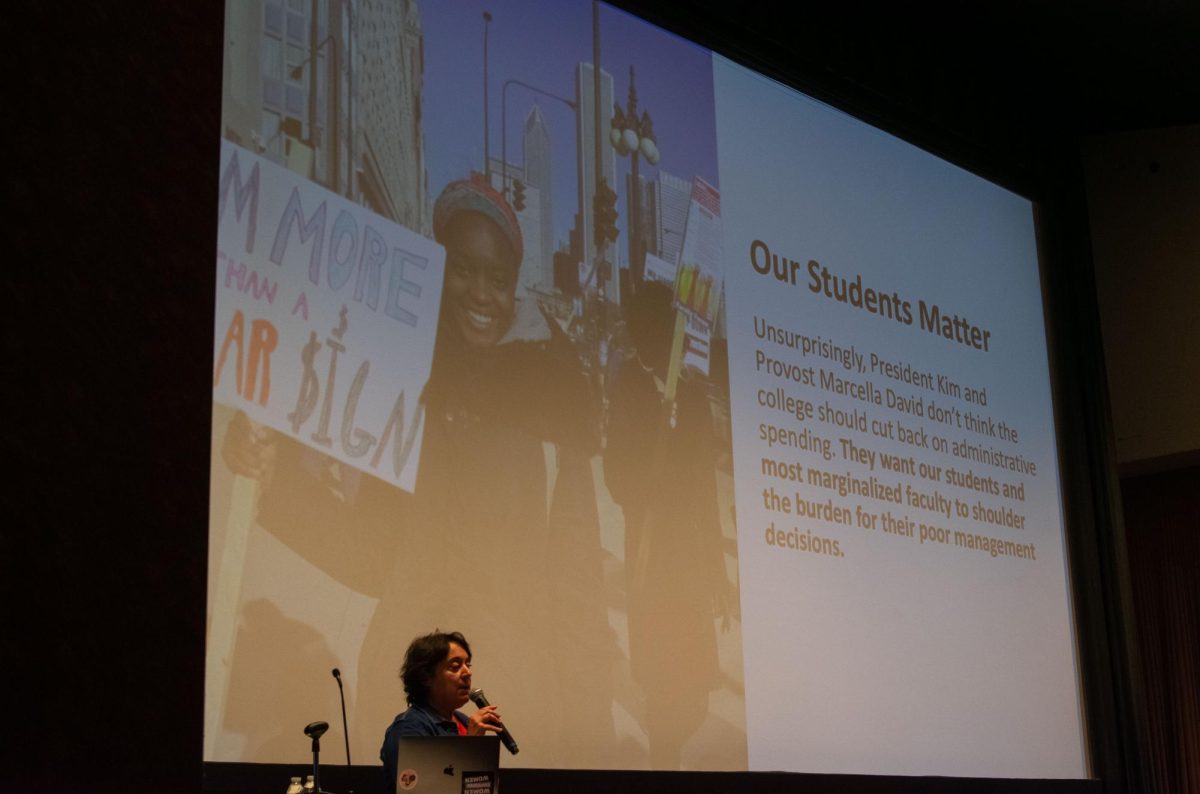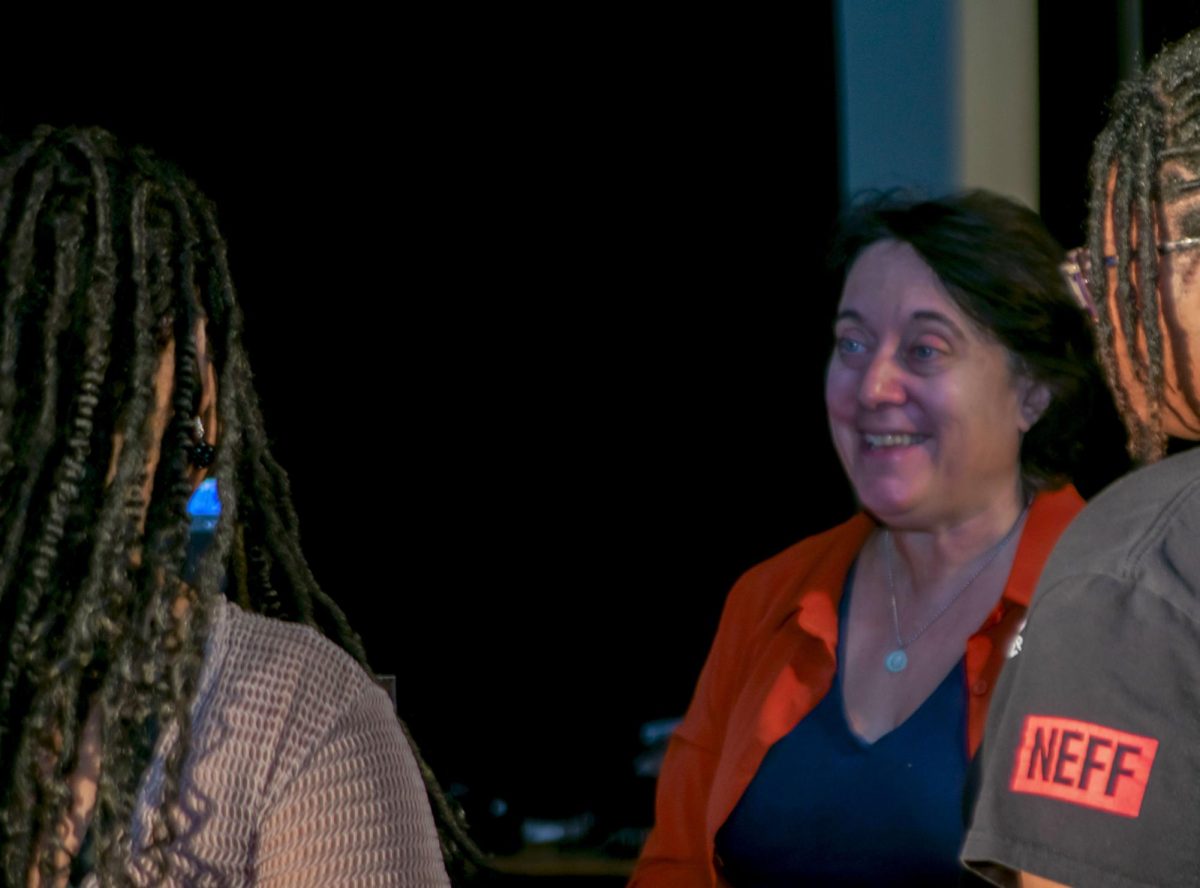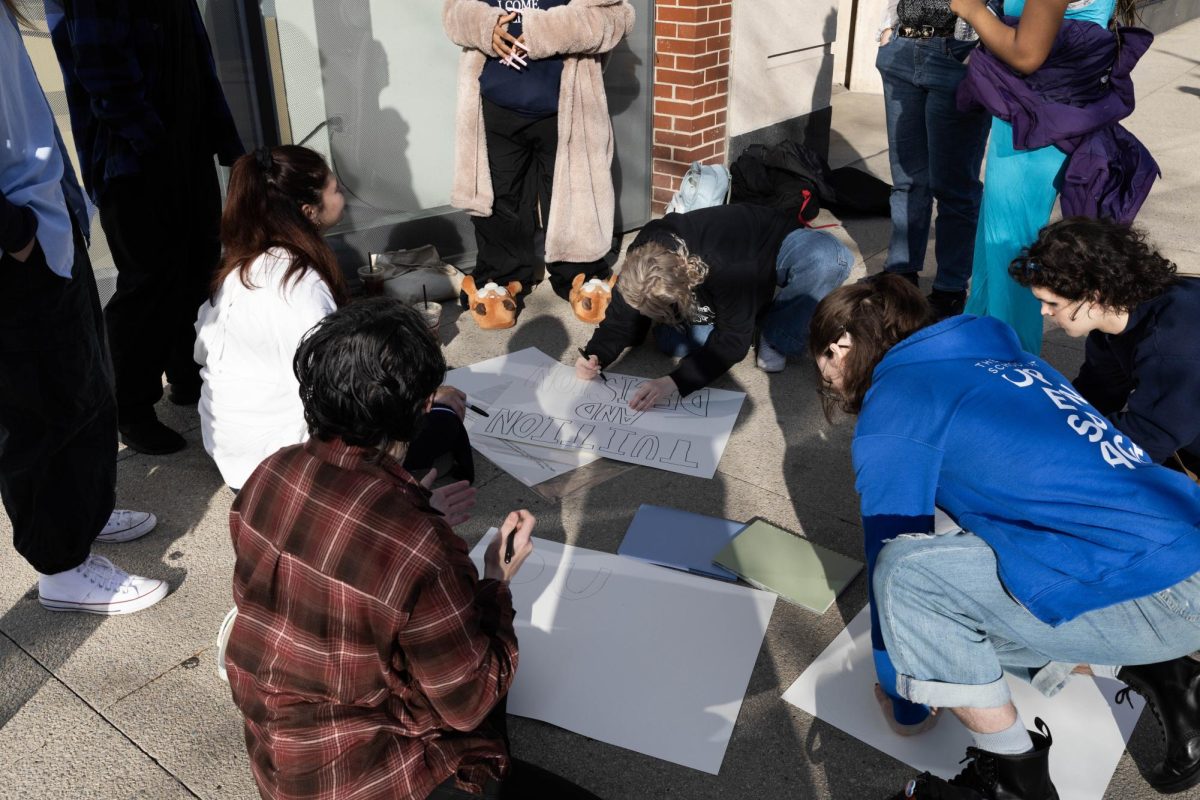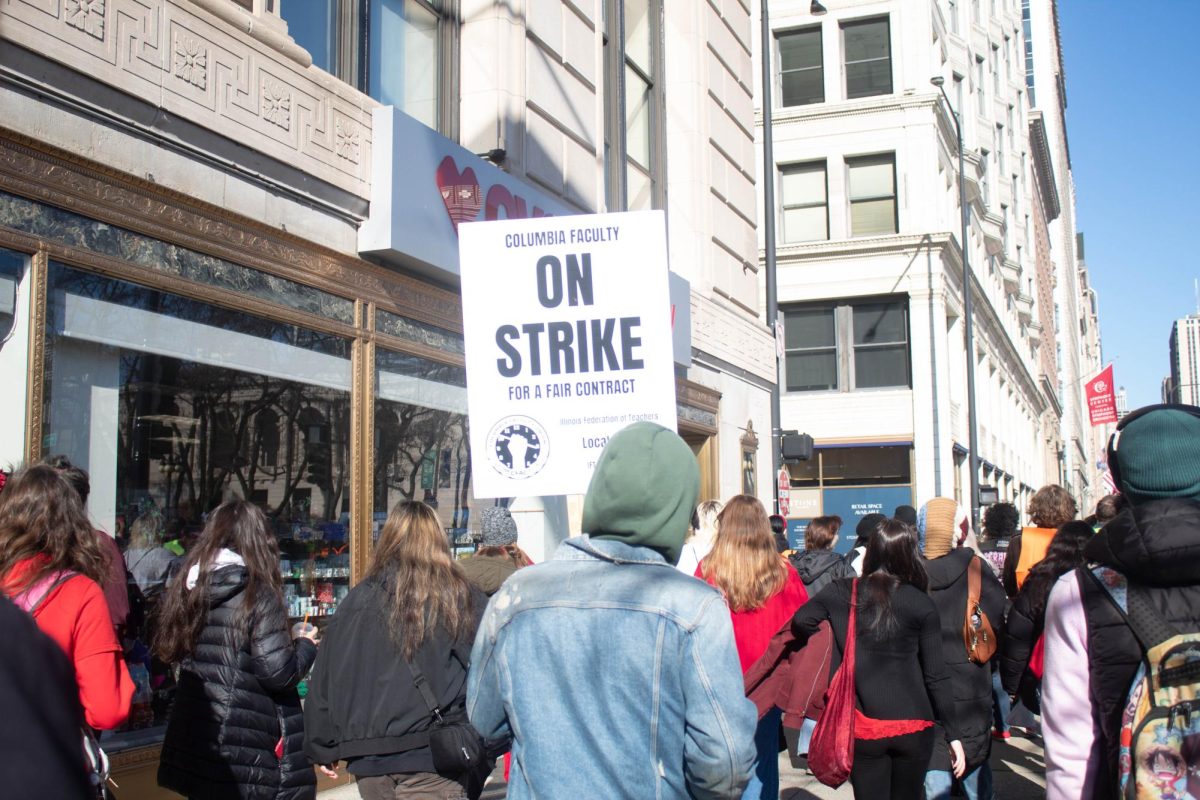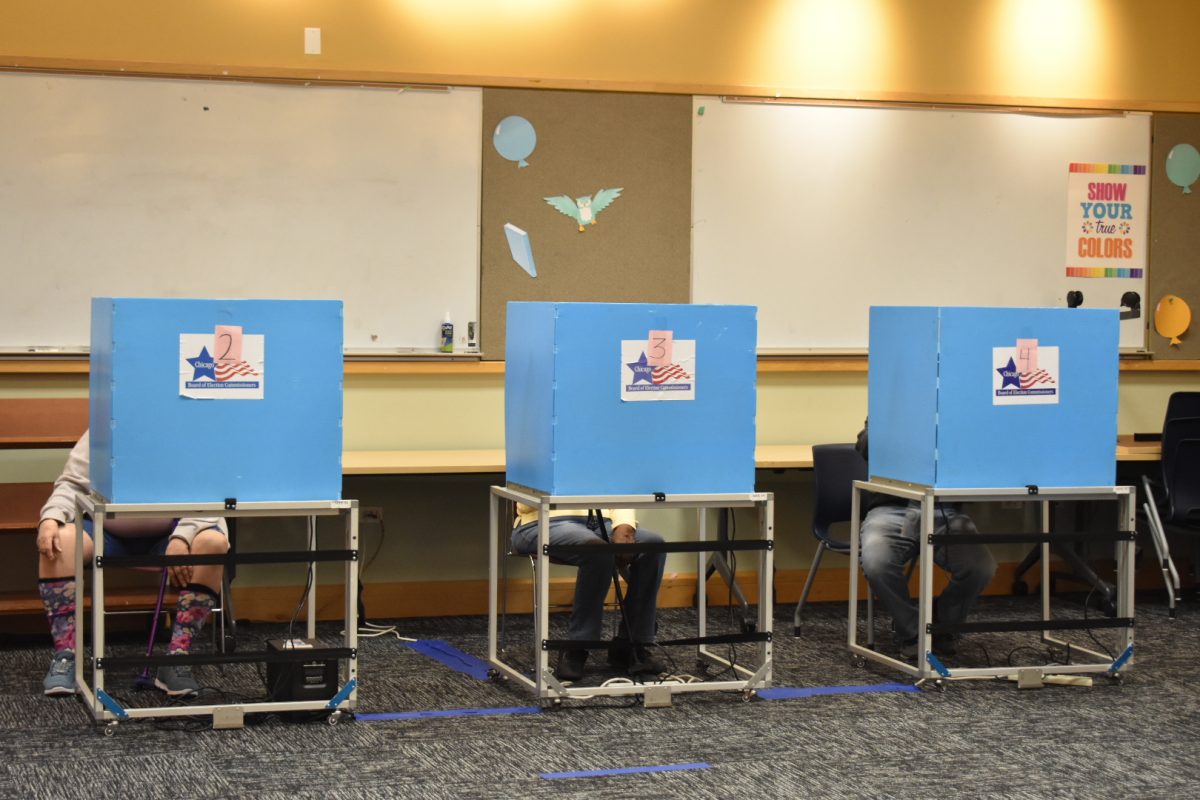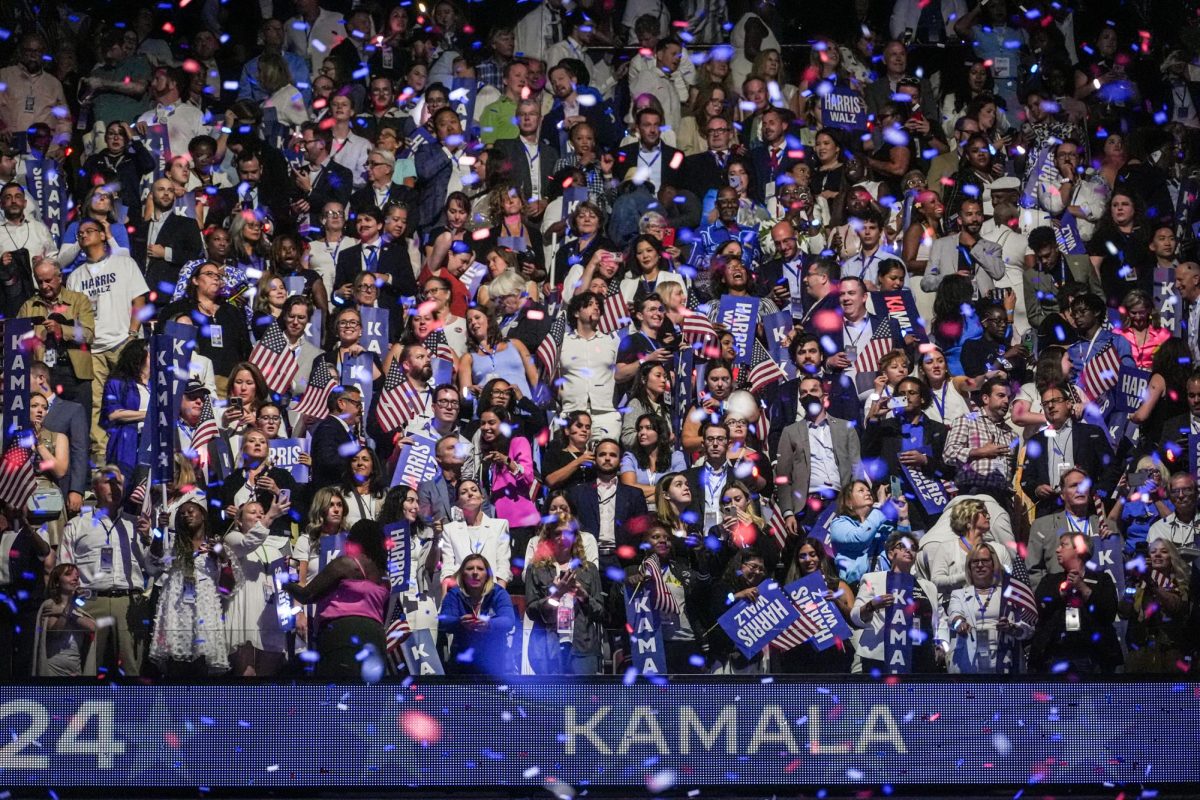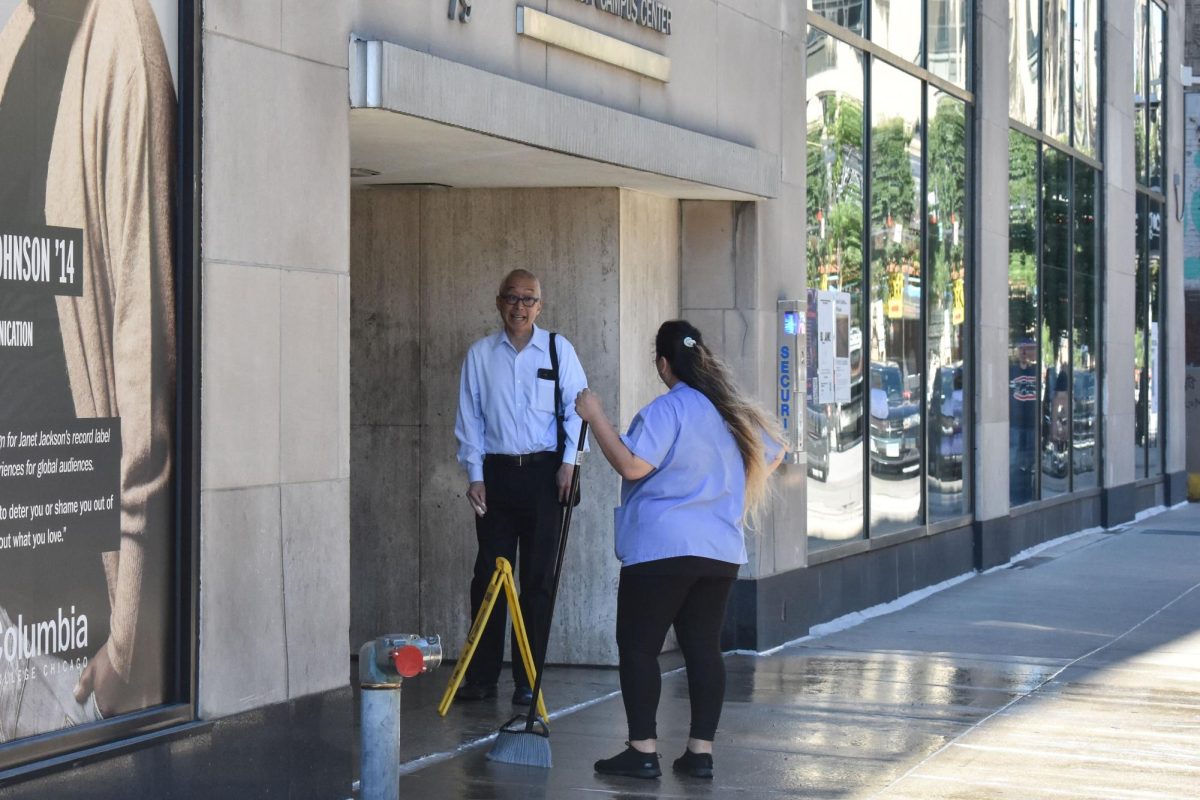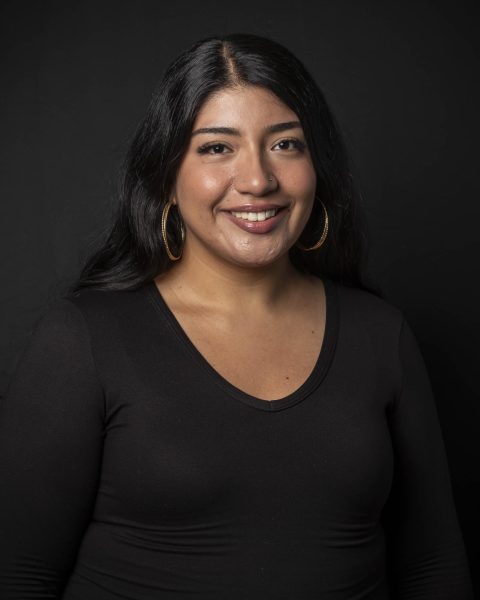The tentative agreement between the union and the college will give part-time instructors unprecedented input into course offerings and will compensate them when they lose teaching opportunities.
Part-time instructors also will get raises ranging from 3% to 5% annually over four years, as well as new healthcare benefits.
The Chronicle obtained a copy of the proposed four-year contract and summary points that the union sent its members. Voting on the deal started on Monday night, Dec. 18 and will go through Wednesday night, Dec. 20. If the union ratifies the new four-year contract, it would officially end the seven-week-old strike, the longest adjunct walkout in U.S. history.
Under the deal, 50 courses that were not initially offered will be added to the Spring 2024 course schedule. It also added another 40 sections in early November when registration started.
The college also will create a new eight-person “class size committee” to assess suggested course cap changes. When class sizes increase, instructors will be paid extra.
Also, the college will create a new Advisory Council on Adjunct Faculty Affairs and appeared to create a title, adjunct faculty of instruction. The deal also increased the number of full-time teaching-track faculty the college can hire from 65 to 70.
In some cases, however, the provost will retain “full discretion” over changes to course offerings.
Additional details from the contract:
- Part-time instructors whose Fall 2023 sections were cancelled on or after Aug. 14 will receive $1,000 in lieu of a course cancellation fee.
- Part-time instructors assigned fewer courses in Spring 2024 compared to the average taught in both the Spring 2022 and 2023 semesters will receive a one-time payment of $350 per lost credit.
- Part-time instructors who taught a total of at least 12 credits in the previous four semesters, and receive no course offers for two consecutive semesters after that, will receive a one-time payment equal to a single course fee.
- Once the strike ends, striking union members will regain access to college premises and to Canvas with no retaliation from the college.
- Striking faculty will also receive compensation for lost pay due to the strike.
Faculty Senate President Madhurima Chakraborty said Senate leaders communicated with the provost’s office about a tentative class size committee ahead of the deal.
“We insist that full-time faculty, who originate programs as well as develop curriculum, not be sidelined as a consequence of this bargaining agreement,” Chakraborty said.
It is not clear when the new courses will be added to the Spring course schedule or if they will run if they are under-enrolled. In the past, the college closed sections that did not have enough students enrolled, a practice intensified in August because of financial concerns. Most students have already registered for Spring 2024.
Some courses being returned to the schedule include, “Introduction to Poetry,” “Ballet for Non-Majors,” “Ceramics” and “Japanese.”
Tyler Harding, president of the Student Government Association, said the increase in course offerings and sections is “a win for students and faculty alike.”
Harding advises students to check in with their academic advisor “as soon as possible to get those conversations started regarding their schedules for the spring semester.”
Steve Brizuela Fernandez, president of Latino Alliance, said students might still have worries about the spring semester, but “the deal will release a lot of stress from the strike.”
J-term begins in a few weeks on Jan. 2, and the spring semester starts on Jan. 22.
As previously reported by the Chronicle, the union went on strike on Oct. 30 over cost-cutting measures the college is implementing to address a $20 million deficit. The union was particularly upset over an increase in some class sizes and a reduction in course sections.
Hundreds of classes were impacted each day that the strike went on because the majority of Columbia’s teachers – 584 this fall – are part-time instructors.
After Thanksgiving break, many of the college’s 221 full-time faculty, who are not unionized, picked up the classes of their striking part-time colleagues to help students finish the fall semester, which ended on Saturday, Dec. 16.
In its summary points, the union added a letter from President and CEO Kwang-Wu Kim reaffirming his commitment to working with the union and considers all faculty to be “one faculty.”
He also pledged to meet with union leadership within 60 days “to discuss the college’s finances and budgetary challenges, the operation of academic affairs, and institutional diversity, equity, and inclusion goals.”
Columbia Faculty Union President Diana Vallera declined to comment, saying the union will “honor our members and respect the ratification process,” before answering further questions.
Spanish Digest:
El acuerdo tentativo entre el sindicato y la universidad dará a los instructores a tiempo parcial una contribución sin precedentes a la oferta de cursos y los compensará cuando pierdan oportunidades de enseñanza.
El Chronicle obtuvo una copia del contrato propuesto de cuatro años y los puntos resumidos que el sindicato envió a sus miembros. La votación sobre el acuerdo comenzó el lunes 18 de diciembre por la noche y se extenderá hasta el miércoles 20 de diciembre por la noche. Si el sindicato ratifica el nuevo contrato de cuatro años, pondría fin oficialmente a la huelga de siete semanas, la huelga adjunta más larga en la historia de Estados Unidos.
Los instructores a tiempo parcial también recibirán aumentos que oscilan entre el 3% y el 5% anual durante cuatro años, así como nuevos beneficios de atención médica.
Según el acuerdo, 50 cursos que no se ofrecían inicialmente se agregarán al calendario de cursos de primavera de 2024. También agregó otras 40 secciones a principios de noviembre, cuando comenzaron las inscripciones.


